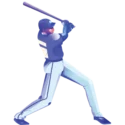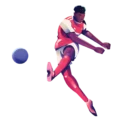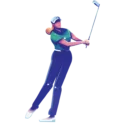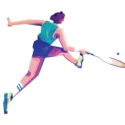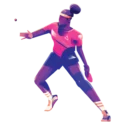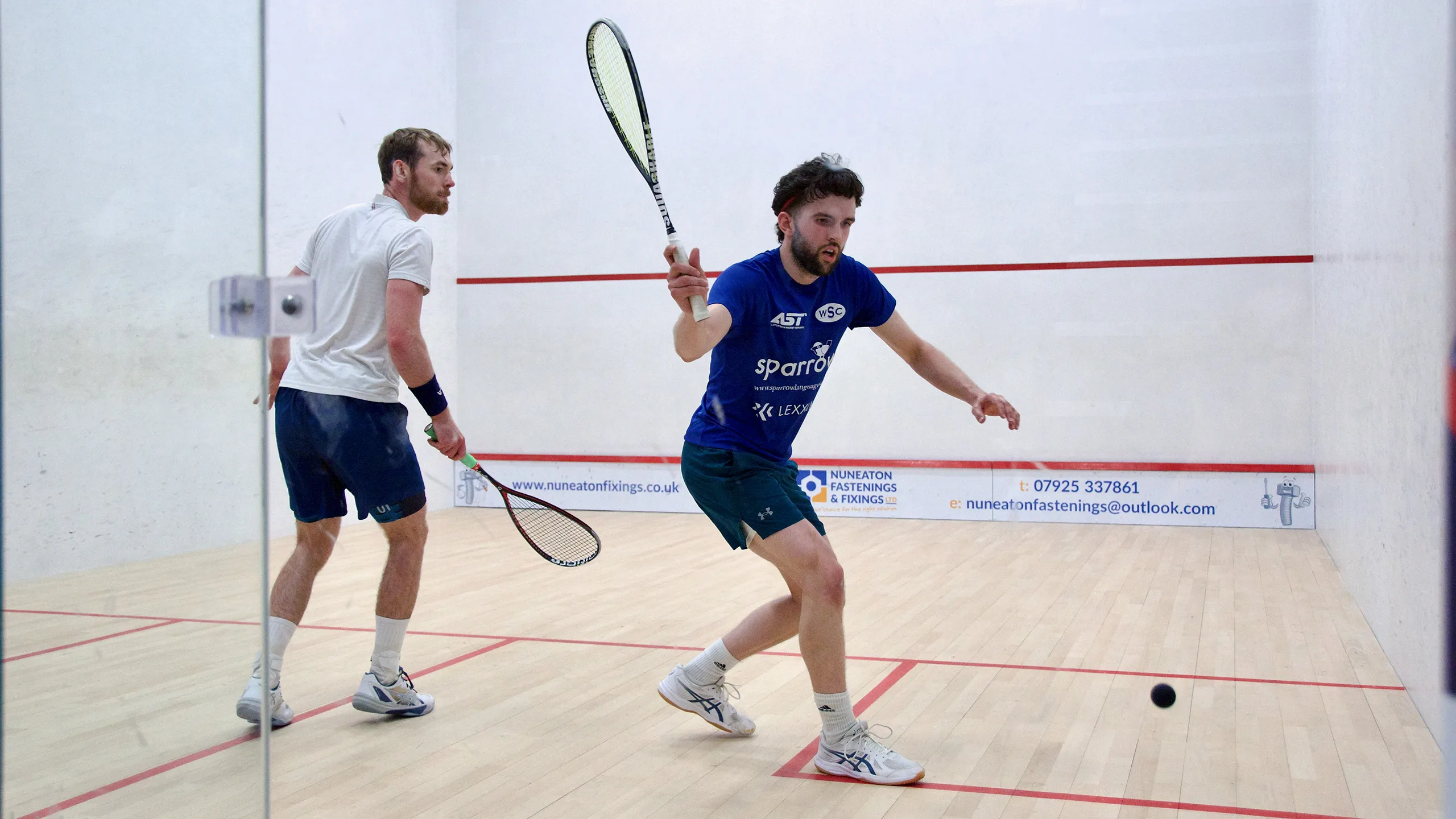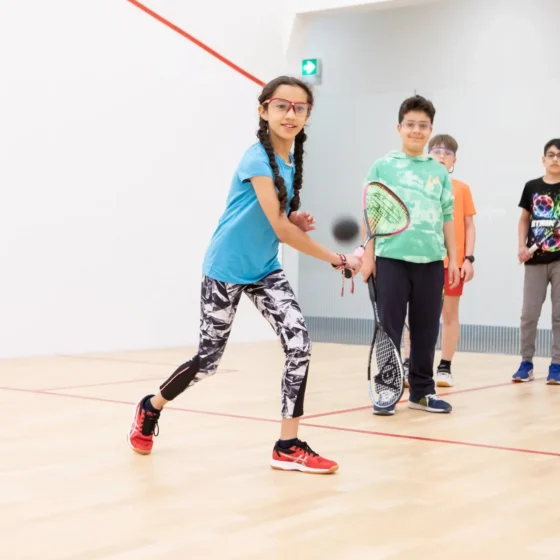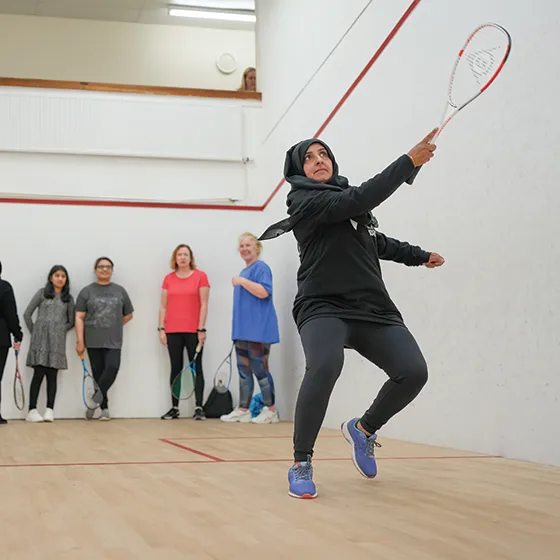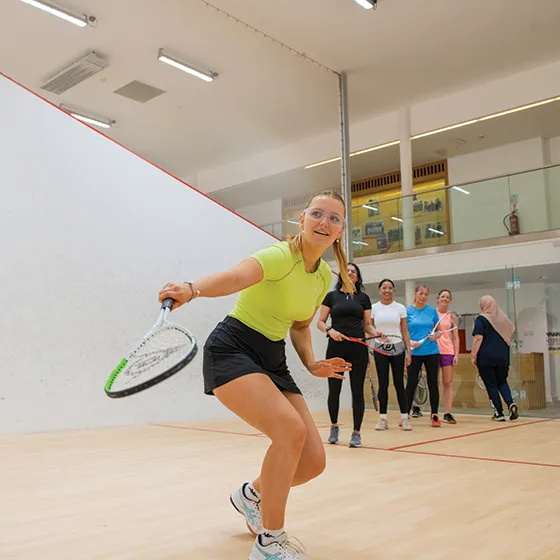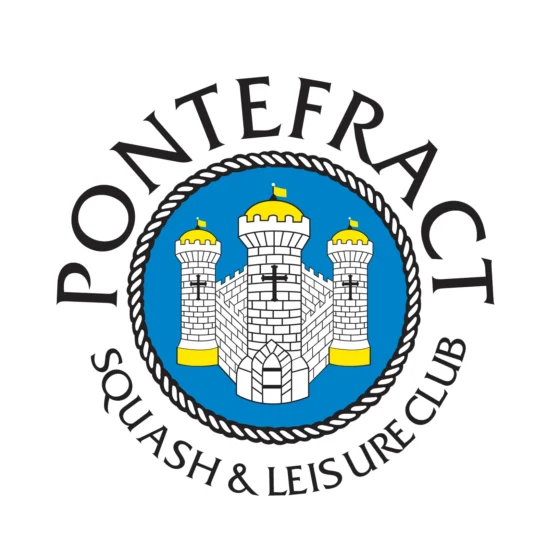Rob Thirst is a 26-year-old squash pro from Norwich who also coaches out of London’s Connaught Club
The former squash coach of the year and Norfolk champion offers his insights to players of all abilities, from beginners through to professionals. Passionate about squash and hopeful about its bright future, Rob offers some insight and guidance for players and coaches, experienced and new. Read on for his lessons in squash…
Never judge a player too early
You can’t always tell straight away, and sometimes players surprise you, and everybody improves at different points. Not that I’m a great player by all means, but I’m half decent yet I don’t think anybody would have put me down to even attempt to play semi-professionally or professionally when I was 13 or 14, whereas there are some kids at 11 you can earmark and pinpoint and go, “For them not to be really, really good, something will have to go wrong.”
To be seriously good it takes a good level of consistency, someone that doesn’t get bored easily of the sport. I’ve got kids that might not end up being great, some that might end up being really good, but in both of those categories there are kids that are happy to stay on court for two hours, just hit the ball around for two hours, sometimes on their own. They can turn up two, three, four times a week and still be really keen at the end of it and want more. That’s important.
They’re not going to get to a high level within a year or two, but the more volume they can get in when they’re younger, the better. I think someone that just loves it is a really good place to start. Obviously, any coach in any sport could come up with, “Oh, someone that looks technically great straight off the bat without even trying,” or “They’re really, really coordinated.” But I coach a kid that is now playing tournaments regularly at under-19s, and three years ago he could barely put one foot in front of the other. He’d miss multiple shots in a session that were really easy to anybody else. He’d trip over his own feet, and now you look at him and think, “He could be a solid player.”
So I don’t think you need to judge how good someone’s going to be based on how good they are in sport now, but you can tell they’ve got the potential to be good because they’re willing to actually turn up and put in some hours.
Be open to tweaking formats for different abilities
We’ve had to ask ourselves the question of how do we cater sessions to people that have never played the sport, and won’t ever play it to a level that everybody else might imagine the sport being played at?
You might have 12 people in one session, some of them might be non-verbal, some might have visual impairments, some may only speak a foreign language. A very varied range of people, all in one session. How do we make a session that works for them? That is difficult, but somehow we’ve done it.
We’ve stripped it back as much as possible to still keep the crux of the sport in there, but at a level they can actually do it. For example, we might do something like “catch squash”, where you get a racquetball ball, and instead of swinging a racket and hitting it, you just catch the ball and then throw it. It’s literally like a rallying scenario, but without having to coordinate a racket on top of everything else they might already find difficult.
What’s pretty good is that in that session, whether we should have or not, we never really expected them to improve at all. But people who maybe at the beginning couldn’t even see the ball very well – in situations anyone else might find easy – are actually improving. They’re hitting the ball more times out of 10.
For example, they might stand there, I drop the ball in front of them, they have their racket pulled back. Maybe they can’t even see it, so I just say, “Now,” and they can hear me. That verbal cue helps them time their swing and pull the racquet through. Without even seeing it, they can get the feeling they’ve timed it right and hit the ball. And they find that so pleasing. Even if they hit it once out of 10, they’re loving it.
What’s pretty good is that in that session, whether we should have or not, we never really expected them to improve at all.
Don’t underestimate the entry-level pull of racketball
Making the sport a little bit easier at an entry level is important. I don’t think racquetball (also known as squash 57) should be overlooked at all. Squash coaches might fear it a little bit because it’s not squash, but for getting people in, it’s great. The rallies can go on a bit longer and it’s more forgiving on the body because the ball bounces much more. You’re not having to go into such extreme positions, and the rallies can be longer. Then the person might feel like they get more of a workout from it straight away, because the rallies are longer.
That might require clubs that have squash courts to also have racquetball balls and racquets for hire or rental, because many only have squash racquets and balls. A lot of people who’ve never been on a squash court before might enjoy racquetball more, and I think squash as a sport needs to utilise that better than we already do. It gets people into squash just by using racquetball – same court, rules pretty much exactly the same, but entry-level wise, it’s suitable for anyone.
Maybe for slightly older people who might not end up playing squash because it’s too intense, racquetball is a better option. They might try racquetball and carry on with that. If you didn’t offer them racquetball in the first place, and only offered squash, they might have been put off for whatever reason and you might have lost that person. Whereas if you use racquetball as a tool, suddenly you’ve got that person, and your retention levels are much better because you’re using not just squash, but racquetball as well.
Spend as much time as you can around your local club
If you’re a young or budding coach, get yourself in and around the club environment as much as possible. If you’re starting out as a coach, what you can’t expect to do is have work handed to you. Ideally, you would, but that’s rare as we’re not in one of the biggest sports. Maybe if it’s football, you could walk into many hours of work, but not here.
So, spend hours at the club. Whichever club you’re at, and however many people are there, make sure the core members get to know you well. Build up good relationships within the local area and with the players who play the sport there.
Be willing to assist voluntarily, go and watch other coaches coach, and put yourself in as many environments with other like-minded people as possible. When I was younger and coaching, I’d always turn up at the bigger junior events I could get access to, and I still do. Whether or not there are players I coach there (and there usually are), if you can get access to something like the British Junior Open, go. Watch how coaches work with their players during matches.
Anything you can do to get involved, get known, and build relationships – especially closer to home where your clientele might come from – is valuable. And wherever you go, be personable. You can’t expect to just sit in an office and have people knock on your door asking for coaching simply because you’re there.
Don’t forget the social side
At Connaught, lots of people go and have a drink after their match in the bar. There are lots of other sports, maybe even other sports facilities, that don’t have that. Squash, in many clubs, is already part of a big social scene.
Pontefract is a brilliant example up north, the bar is right in the middle, and you can see courts on both sides. Look in one direction and you can watch squash; look the other way and see more squash, all with the bar right in the middle. Just perfect.
Socially, I think it’s a great sport. That’s something I’ve been trying to grow as well, because obviously you have to look at the club’s finances. One massive way to increase income is wet sales behind the bar. With the club night at Connaught, part of the aim is not just whether more people come, but whether more people stay afterwards. Say this week we have eight people, and next week we also have eight people. That number might not grow, but if more and more of them start staying after, building relationships, and having a drink in the bar together, then to me that’s still the club improving and becoming more successful.
There might not be more people attending, but those who do are building connections. They’ll probably play more, enjoy it more, and spend more time at the club. They might invite a friend along, and that person might bring someone else. If people are having a good time at the club, the word of mouth around both the club and the sport will be positive, and word of mouth is maybe your best marketing tool.
Credit the unsung heroes
In squash, there are a lot of pied pipers, they’re the unsung heroes. They do little bits of work, are very keen, and are passionate about the sport. They might spend a lot of time at the club, and as soon as somebody walks in, they’re like, “Oh, you’re interested in squash? This is what we have on offer, this is what the sport’s about, come on court.”
It might not be the coach; it could just be an enthusiastic individual who plays at the club. I coach an 80-year-old called Bob, and at club nights beginners might turn up, and he’s just like, “Rob, I’ll take these on the spare court at the back.” That massively eases my job, otherwise, managing the other courts while giving full attention to a total beginner can be tough.
Bob’s not a coach, but he’s played for a long time, and he’ll take them aside, whether for 10 minutes or half an hour, every week when they turn up. Now those same people are playing box leagues, they’re playing team squash, and I’ve barely been on court with them, Bob has spent way more time with them. People like Bob are invaluable.



